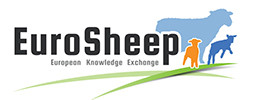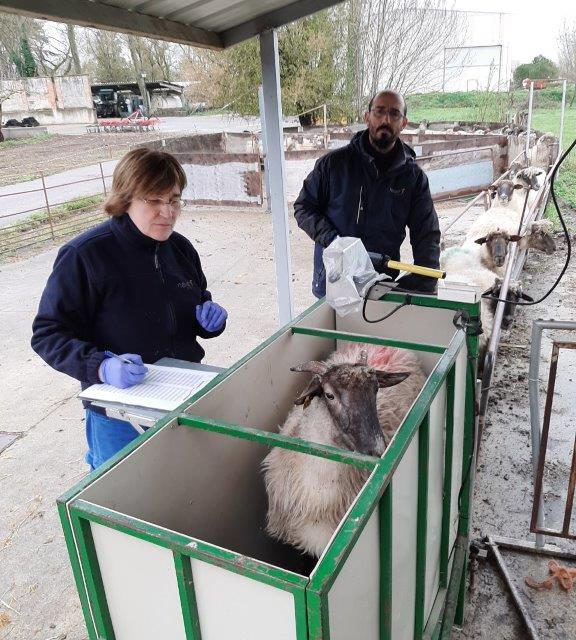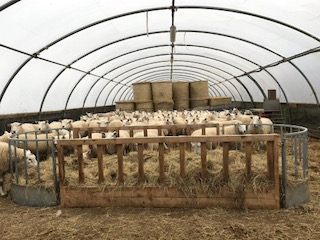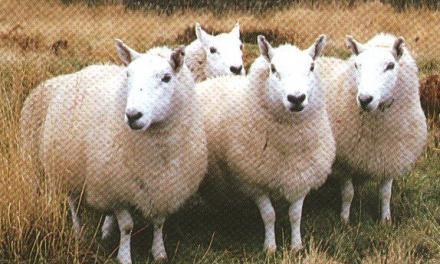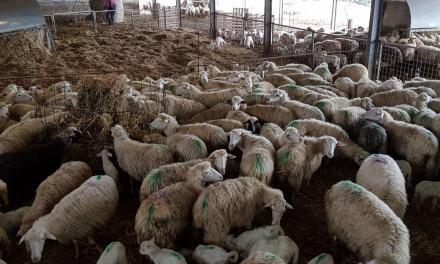This post is also available in:
![]()
![]()
![]()
![]()
![]()
![]()
Flock Health Plan
Solution name: Flock Health Plan
Aim: To monitor the flock and to reduce the incidence of disease, farmer stress and cash leakage.
Description:
Topics include:
- Biosafety
- Cleaning, disinfection and rat extermination of sheds
- Parasite control
- Disposal of cadavers through the official cadaver collection services.
- Disposal of medical waste in appropriate containers through authorized companies for the collection of medicines.
- Control of new animals at entry into the farm:
- Disease control and surveillance by incidence (see health solutions: BD, MV, PTBC; CA, mastitis)
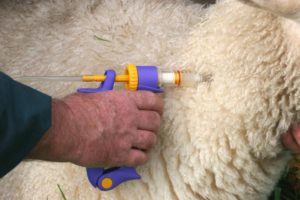
Topic: Health/Managment
Production: Dairy/Meat
Animal Category: All
Issue: Sheep shed management
Level of Solution: Practical
Country: Spain
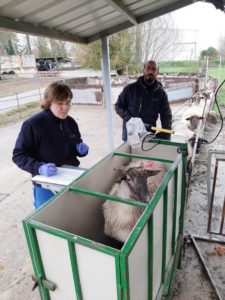
How to implement
Biosafety:
- Restricted access, with entry control for people, animals and vehicles not belonging to the farm.
- Presence of sanitary ford at the farm gate
Cleaning, disinfection and rat extermination of sheds
- Cleaning, removing bedding as often as possible, at least prior to the start of lambing and at the end of lambing.
- Disinfection after manure removal, even weekly during the lambing seasons, which should include walls, ceiling and floor.
- Disinsecting, to coincide with disinfecting; Placement of insect screens on doors and windows. Apply insecticides on animals and larvicides on manure.
- Rat extermination
- Passive blocking of entry to sheds and feed storage area.
- Active, placement of rodenticides if rodents are detected in the feed storage area.
Parasite control
- External: at shearing, individual treatments if required.
- Internal: periodic coprological analysis (faecal egg count) by age groups (ewe lambs, 1-2 year old, and adults).
- Treatment if required.
Disposal of cadavers through the official cadaver collection services.
Disposal of medical waste in appropriate containers through authorized companies for the collection of medicines.
Control of new animals at entry into the farm:
It is not recommended whenever possible
In case of incorporation, the following requirements must be met
- Identification in accordance with the existing regulations;
- Accompanied by the corresponding documentation;
- Coming from a flock with a sanitary status higher or equal to that of the destination flock;
- Transported under adequate sanitary and animal welfare conditions.
Disease control and surveillance by incidence (see health solutions: BD, MV, PTBC; CA, mastitis)
Expected benefits
- Improved ewe welfare
- Decrease in the use of antibiotics
- Increased yields
- Flock profitability
Cost Benefit analysis
The establishment of a sanitary plan in a flock generates an estimated cost of between 6 and 7 euros per ewe derived from the use of disinfectants, antiparasitic, and vaccines, mainly with the corresponding work of the veterinary services. Their use is estimated to generate a profit of between €13 and €36 per ewe, depending on whether the flock is for meat or milk, respectively. Benefits are directly related to higher production efficiency and reduced costs of lamb production because of increased feed efficiency and therefore improved feed conversion rates. These benefits in a flock of 300 ewes may be assessed in around 3849€ in meat flocks and 10860€ in dairy flocks.
Sustainability analysis
The implementation of this solution means higher use of medicines and vaccines, and therefore generates a significant environmental impact due to the production of waste, dirty water and plastic debris. However, its impact in terms of biodiversity and generation of high quality compost is very positive, as a consequence of the reduction in the use of medicines (antibiotics, anti-inflammatory treatments, etc.) that is expected with its application.
The prevention of the appearance of diseases in a flock is probably the factor that has the greatest economic and social impact both internally in the flock itself and in society in general, due to the impact it has on the image of the sector, as well as the implications on the health of the population in general. Any solution that prevents the use of drugs will be aligned with the “One health” strategy.
Prerequisites and/or limits
- Farm veterinarian, farmer training and confidence
- Contracts with authorized DDD and waste disposal companies
Information Sources / Useful links
- Cleaning and disinfection
https://www.youtube.com/watch?v=69vJL5_NQdk
- Cleaning
https://www.youtube.com/watch?v=CzlrmmpHWfI
- Disinfection
